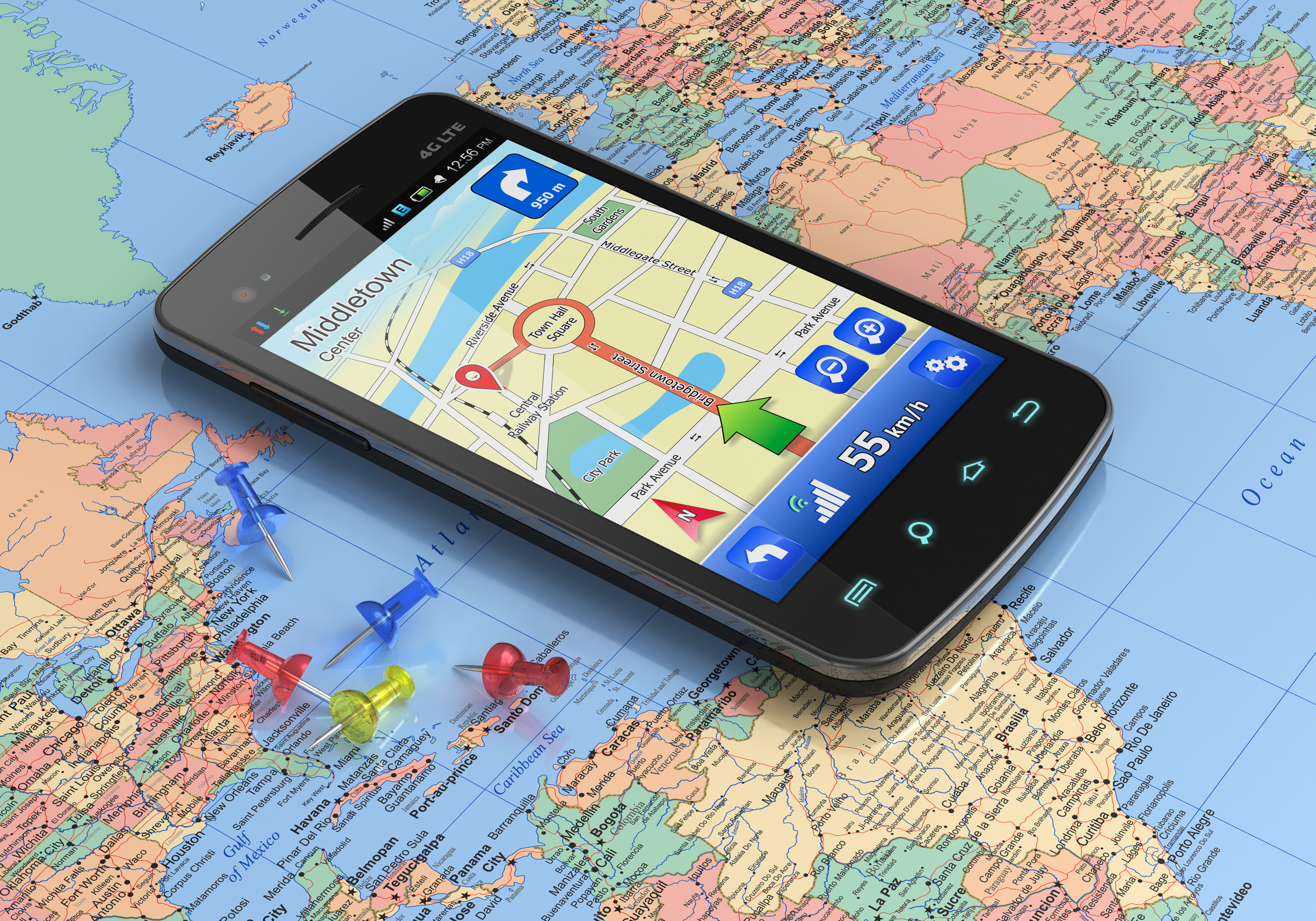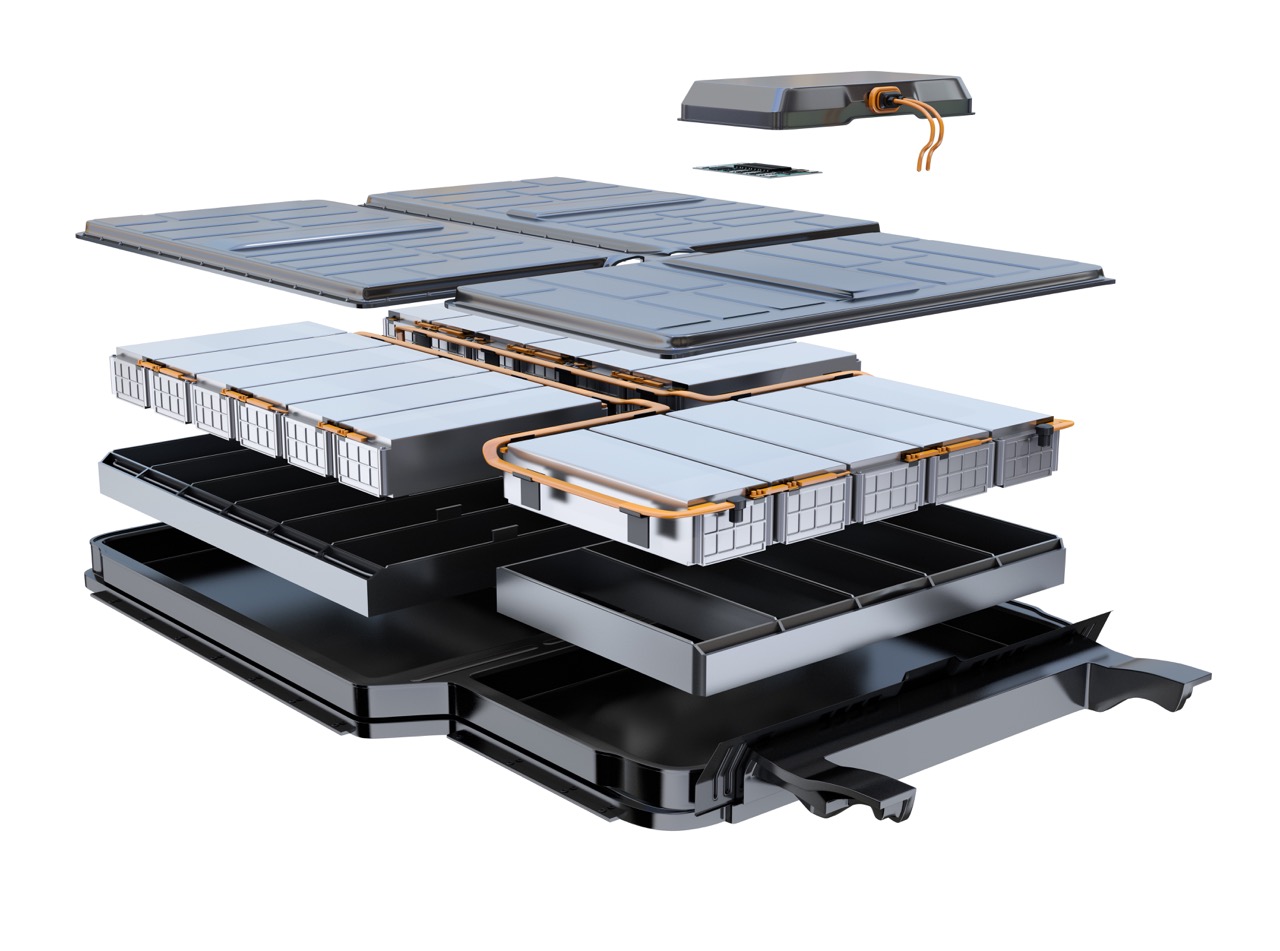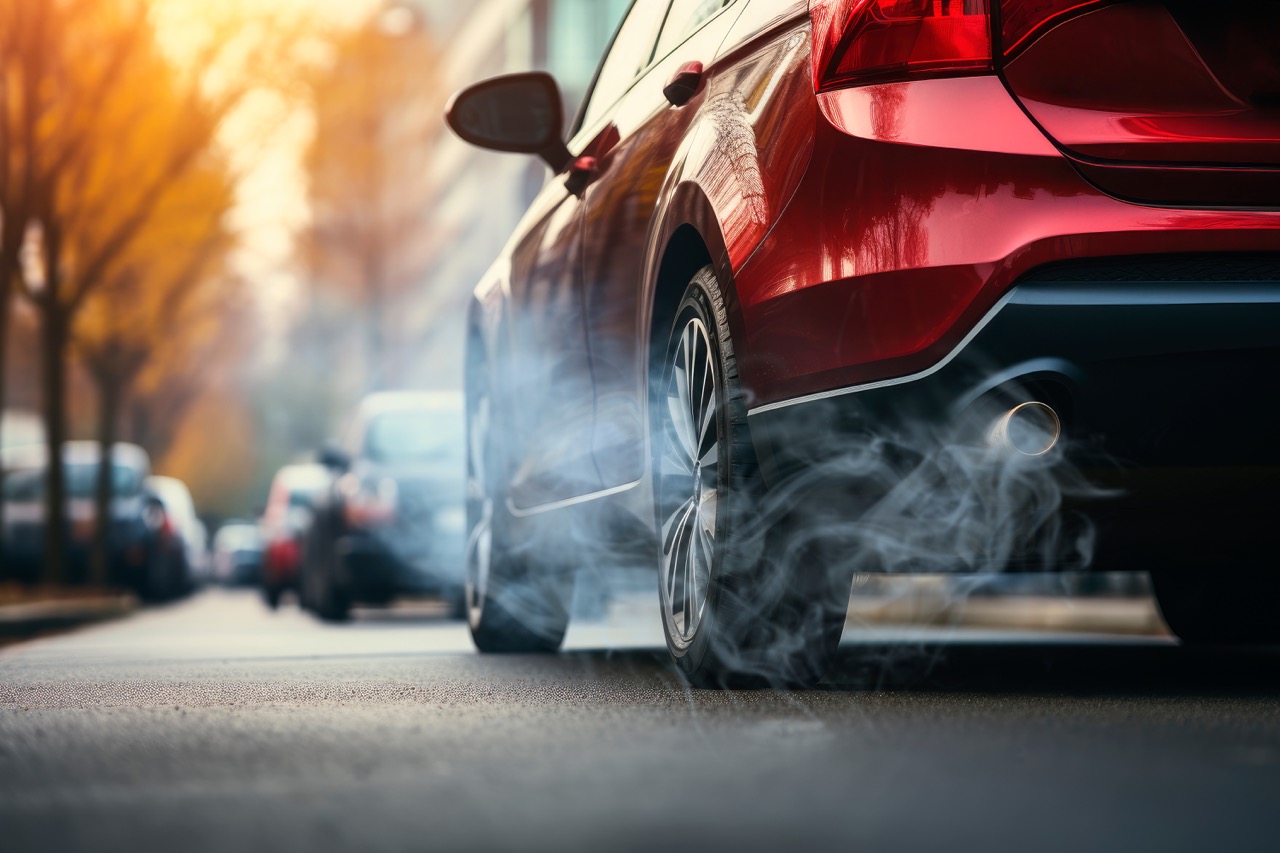
From online banking to Facetime, technology does a lot to make almost every aspect of our lives easier, faster and more convenient. Online maps have evolved into handheld GPS systems that can be accessed from any smartphone. The days of waiting for a friend to give you directions to their home in a “turn left at the 4th stop sign” manner are all but gone, since typing an address into your GPS system will lead you straight to their door nine times out of ten.
There is that once-in-a-while occurrence, though, where your GPS doesn’t seem to be speaking your language and you end up in the geographical center of some unknown town. There are pros and cons to everything, and GPS systems are no exception.
Up-to-Date Info
When comparing GPS systems to their paper map counterparts, GPS comes up pretty shiny in any ways. One major win is that the information in GPS systems is constantly updated, accounting for new roads, construction closures, and even traffic delays in many cases. This information is very valuable when you’re in a hurry, or in an area you’re unfamiliar with, and it can’t be provided by a traditional map. It would take a forest worth of paper for you to have access to all of the information provided by your tiny little GPS device if you were looking for all of it in a map. This is especially true when you’re on a road trip that spans several states.
Discovering Where You Are
The advantages of GPS are perhaps the most apparent when you’re traveling in an unfamiliar area. It’s easy to get turned around in a new town, and before you know it, you’re not sure how you found your way into an area, or how to get out of it. In order to figure out where you’re going on a map, you need to know where you are, but this isn’t the case with GPS. Having the ability to pinpoint your current location, and then obtain directions to point B is an invaluable asset, especially if you in a spot where your sense of direction isn’t functioning at its best.
Have a Back-Up Plan
GPS is great, but it isn’t a cure-all for all things directional. The major con with GPS is the same as the major pro; it’s an electronic device. This means that its reliability is subject to its battery life, which can leave you in the lurch if you can’t charge it for any reason. GPS also needs a clear signal to work, and they sometimes don’t get one indoors, under cloud cover, or even in a wooded area. Using your GPS near military bases can be sketchy too. The bottom line is that you need to be prepared to find your way if your GPS isn’t working properly, or if it’s giving you inaccurate directions for some reason. Know how to use a map, and keep one with you just in case.
Related Posts
As an EV owner, understanding your vehicle's battery is critical. From its capacity to its lifespan, and everything in between, we'll guide you through what you need to know to optimize your EV experience. So buckle up and get ready - we're about to shed some light on the electrifying world of EV batteries. What [...]
If your car is running hot, it can be a sign that something’s not right with your engine. Fortunately, diagnosing the cause of an overheating engine isn't too difficult if you know what to look for and how to address it. Keep reading if you want to learn the most common issues that occur when [...]
Your vehicle's exhaust system serves a critical role in managing the byproducts of the combustion process and ensuring optimal engine performance. The appearance of colored smoke from the exhaust pipe, either when stationary or accelerating, can provide valuable clues to underlying mechanical issues. What is a car exhaust? A car exhaust is a system [...]



